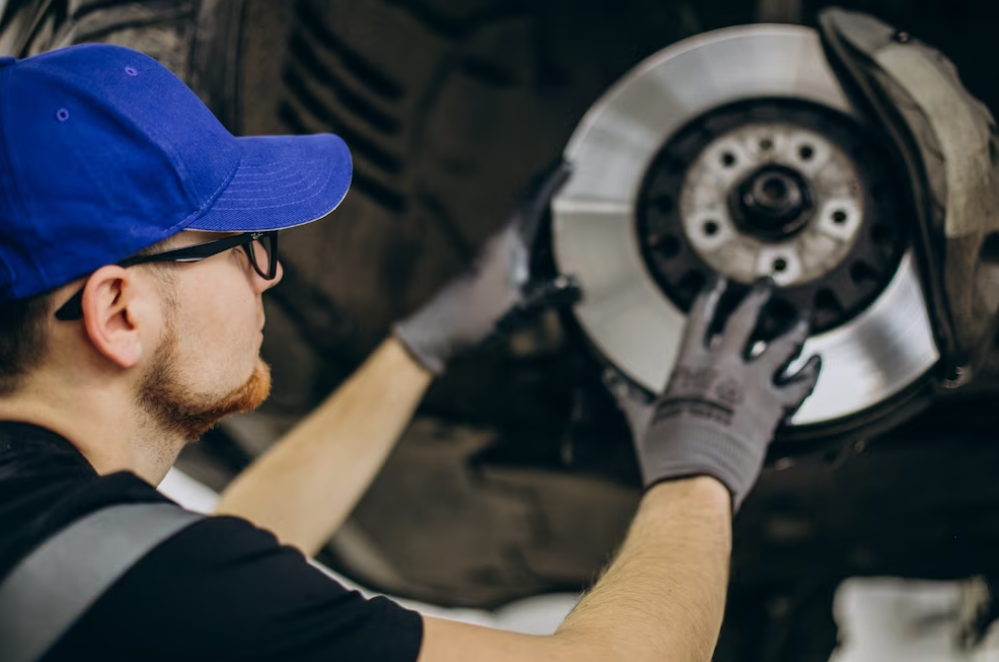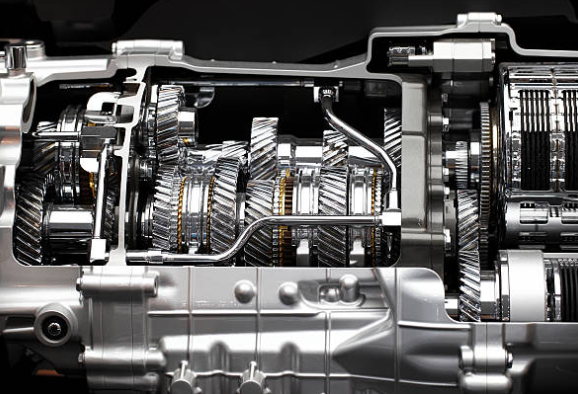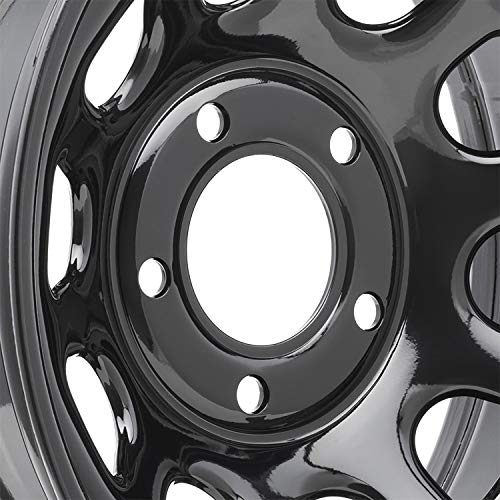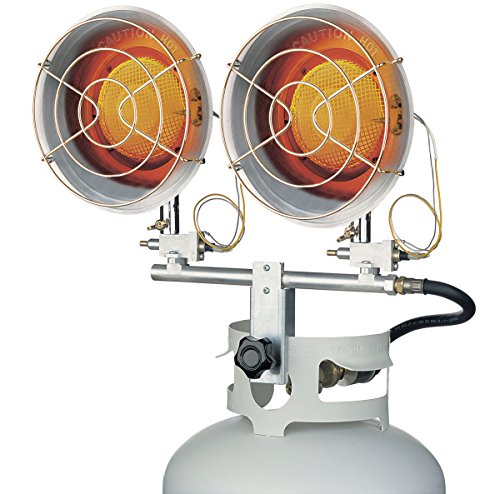How Long Do Brake Pads Last?
To ensure a reliable and safe journey, it's essential for automobile owners to keep up with routine maintenance. One component that requires regular attention is the brake system, which includes the brakes pads--essential for slowing down or stopping without compromising performance. But how long do brake pads last? Given proper maintenance and routine inspections, you can get an idea of when they should be replaced. Knowing more about their lifespan could help improve your overall knowledge around car care! In this blog post we'll discuss what affects brake pad life expectancy as well as several factors that can impact them in order to keep your car running smoothly for years to come.

Lifespan of Brake Pads
Brake pads generally last between 30,000 and 70,000 kilometers. It's crucial to note that these figures are estimates, and real durability may differ. Furthermore, larger cars exert more wear on the brake pads, necessitating more frequent repairs. High-quality brake pads may last longer than those of lower quality. Generally, it's a good idea to have your brakes inspected regularly and have the brake pads replaced when they reach around 20% thickness to ensure optimal performance and safety.

Determining the life expectancy of brake pads is not a straightforward matter. Several factors come into play, including driving habits, weather conditions, and the type of brake pad material utilized.
The longevity of your brake pads relies on your driving style. If you exercise caution, avoid abrupt braking and accelerate gently, your brake pads will have a longer lifespan compared to aggressive driving habits involving hard braking and quick acceleration. Additionally, it's possible that you will need to change your brake pads more regularly if you usually drive in wet situations as opposed to if you mostly drive in dry conditions.
The choice of brake pad material also plays a role in determining their durability. Organic brake pads, constructed from natural materials like rubber and fiber, are less costly but may necessitate more frequent replacement. Conversely, semi-metallic and ceramic brake pads are more resilient and have a longer lifespan, albeit at a higher cost.
It's critical to consider your driving habits while determining how long brake pads last. While brake pads are meant to last a long time, the pace at which they wear down is determined by how frequently and how forcefully you brake. Your brake pads will wear out faster if you often travel in stop-and-go traffic or on mountainous routes than if you drive on level terrain with few pauses. Furthermore, your brake pads will deteriorate considerably more quickly if you often ride the brakes.

The weight of a vehicle significantly influences the lifespan of brake pads. Heavy cars require higher braking effort, which increases the brake pads' wear and tear. This is mostly caused by the greater braking distance and longer amount of time needed to stop a big vehicle completely. Consequently, braking performance tends to decline, and the frequency of brake pad replacements rises. Therefore, considering the weight of a vehicle is crucial when estimating the durability of brake pads.
Maintaining regular and thorough vehicle care is vital to ensure optimal performance and safety. This includes conducting routine maintenance and inspections, with a particular focus on checking the brakes and assessing the condition of the brake pads. Understanding the expected lifespan of brake pads is crucial for upholding vehicle safety and mitigating the risk of accidents or malfunctions.
On average, brake pads typically endure between 25,000 to 70,000 miles, contingent upon the vehicle type and the specific brake pad installed. Nonetheless, it is essential to have your brakes inspected at regular intervals to verify their good condition and assess the wear of the brake pads. Consistent maintenance and brake inspections are imperative to guarantee the safety of your vehicle and to ensure that your brakes operate effectively.
-
How often should I have my brake pads inspected?
It is recommended to have your brake pads inspected regularly as part of routine maintenance, typically during tire rotations or oil changes. Consult your vehicle's manual or a trusted mechanic for specific recommendations.
-
What are the signs that my brake pads need replacement?
Warning signs include squeaking or grinding noises when braking, reduced brake responsiveness, longer braking distances, or visible thinning of the brake pad material. If you notice any of these signs, it's advisable to have your brake pads checked and replaced if necessary.
View more article here: The 10 Best Off-Road Batteries For Your Adventure













